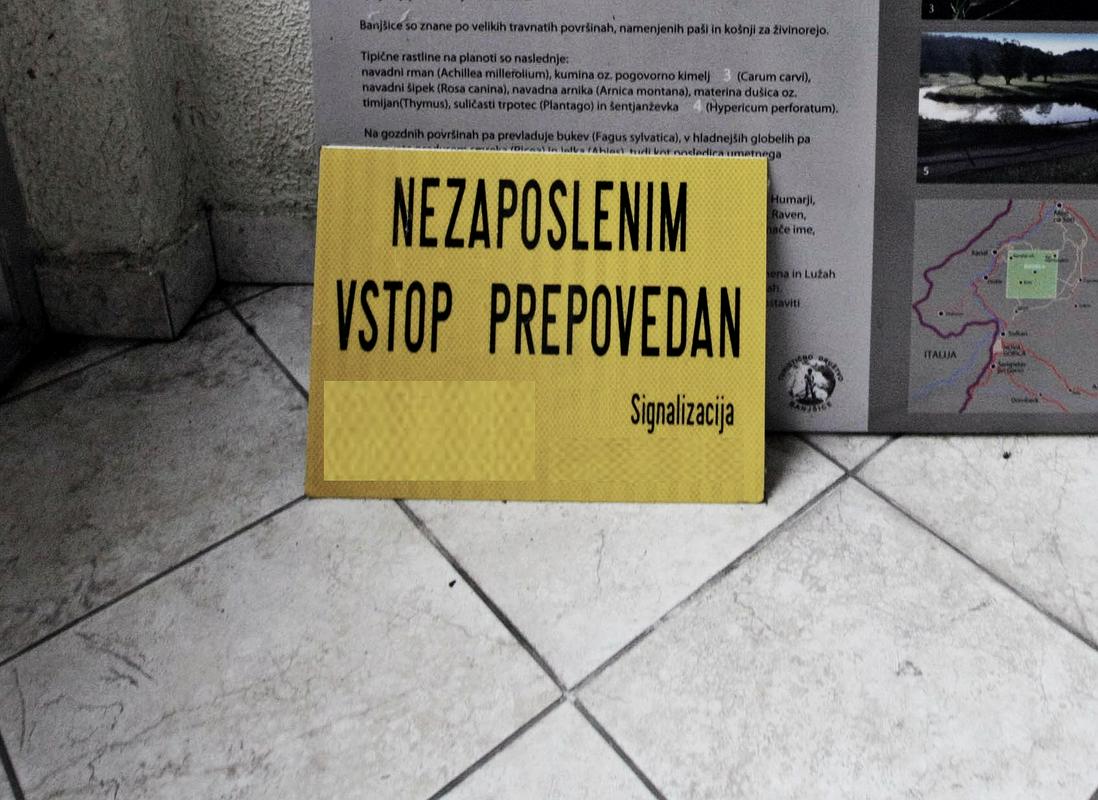
The specially nominated government task force for precarious forms of work will start by scrutinizing the present situation, which has been alarming for several years already. In the meantime precarious workers scrape a living day by day, and do their best to survive.
There is no point in changing legislation, warns the chief labour inspector Nataša Trček, as »our law is by far the most flexible, and I can't imagine what else could be added to it – it includes all possible forms of work«.
And yet absurd things happen, as e.g. that people work in factories as private entrepreneurs. The worst situation can be found in culture, and in journalism, where the largest number of jobs is precarious, and one third of the workers live below the poverty line. The average gross income in journalism is about one thousand euros; due to the unstable nature of the work, these people are in no position to take a loan, there are no sick leaves, and no annual holidays.
According to Mario Belovič from the Association of Journalists the conditions became even worse due to the Act on enforcement of rights by attributing a fictitious income to those self-employed who failed to earn the gross minimal salary.
Although Slovenia is the country in which the precarious forms of jobs are growing the fastest, no measures can be seen yet, but the government claims the will be soon prepared. They hope to have the action plan ready this year.
S.I. /Radio Slovenija
Translated by G. K.

































































